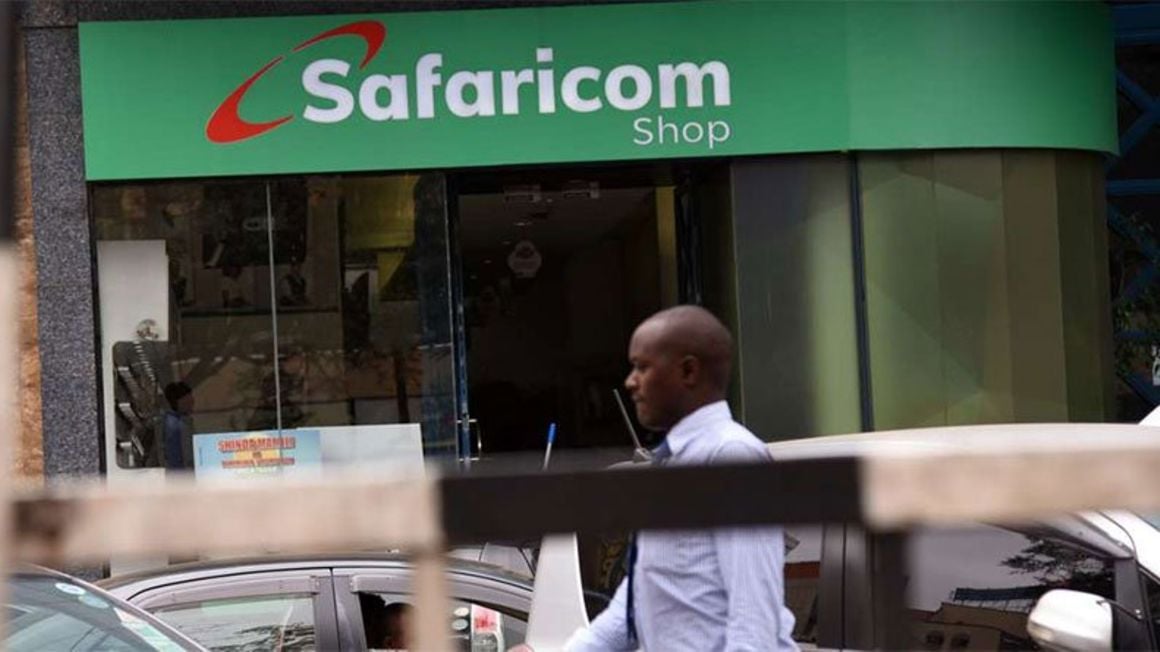
A Safaricom shop in Nairobi. FILE PHOTO | NMG
Summary
- Communications Authority (CA) data for the period that ended September shows that Safaricom’s share of the voice traffic rose to 64 percent from 60 percent recorded in the three months to June.
- The data shows that Safaricom posted 11.75 billion minutes in the period under review up from 9.15 billion minutes in the three months ended June.
- CA attributed the rebounce to the “Top Up Voice Promotion’ from the telco that saw callers given discount on calls based on the minutes spent per day.
Safaricom’smarket share of the voice market rebounded four percentage points in the three months to September driven by an offer on calling rate.
Communications Authority (CA) data for the period that ended September shows that Safaricom’s share of the voice traffic rose to 64 percent from 60 percent recorded in the three months to June.
The data shows that Safaricom posted 11.75 billion minutes in the period under review up from 9.15 billion minutes in the three months ended June.
CA attributed the rebounce to the “Top Up Voice Promotion’ from the telco that saw callers given discount on calls based on the minutes spent per day.
Faced with a decline in its share of the voice traffic from 65.7 percent in the quarter ended March to 60 percent in the three months to June, Safaricom introduced two promotions based on the number of minutes that subscribers spent on calls in efforts to halt the decline.
“The significant growth is attributed to Safaricom PLC’s promotion dubbed “Top Up Voice Promotion” that enabled prepaid subscribers to make discounted calls based on their minutes of use per day,” CA says in the report.
“Further, the operator offered a promotion called “Jiachilie bundle promotion” that enables subscribers who spend Sh100 or less on calls in a month to make more calls for less.”
The jump in Safaricom’s dominance drove the number of minutes callers spent by subscribers to 18.2 billion in the period from 15.2 billion minutes in the quarter ended June.
But the rise in Safaricom’s share of the voice traffic comes amid saturation in the market that has seen the telco post small revenue growth from mobile calls.
Safaricom is now eyeing increased investment in the data business and the popular M-pesa business to offset sluggish growth in mobile calls.
The telco had completed testing and trial for the 5G superfast internet service and planned to switch major urban centres to the service before end of this month but halted plans amid pressure from the US for its allies to sever ties with Chinese firm Huawei citing security concerns.





No comments :
Post a Comment